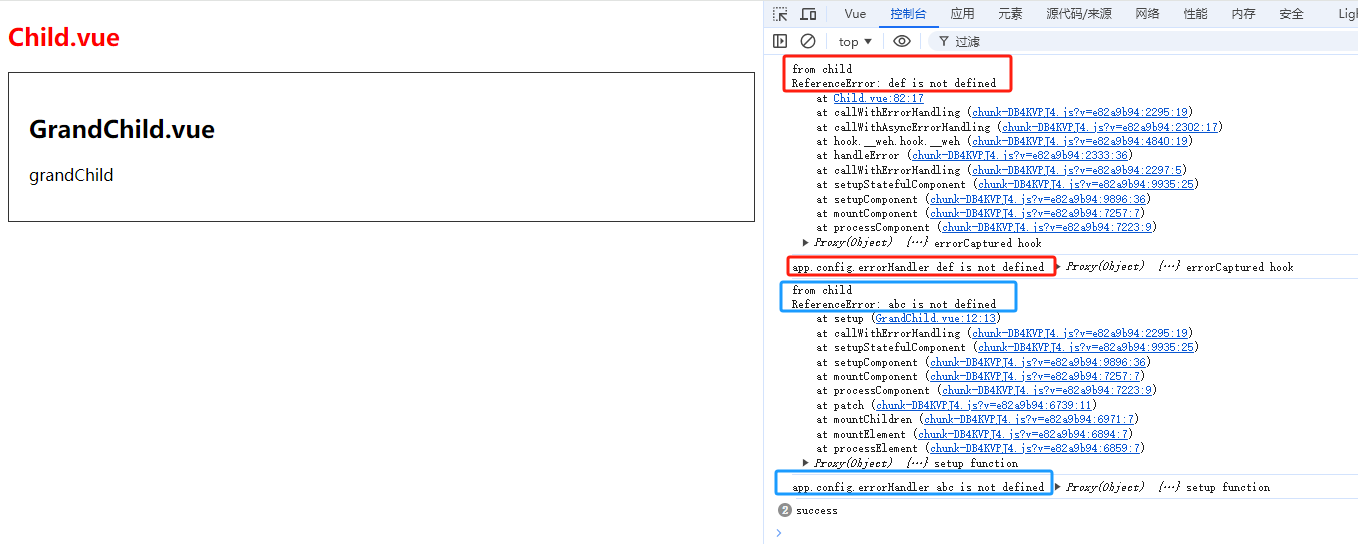栈的概念
- 栈:
一种特殊的线性表,其只允许在固定的一端进行插入和删除元素操作。进行数据插入和删除操作的一端称为栈顶,另一端称为栈底。栈中的数据元素遵守后进先出LIFO(Last In First Out)的原则。 - 压栈:
栈的插入操作叫做进栈/压栈/入栈,入数据在栈顶。 - 出栈:
栈的删除操作叫做出栈。出数据也在栈顶。
![![[Pasted image 20240919140145.png]]](https://i-blog.csdnimg.cn/direct/9409a70efec746c58c03a41788881ced.png)
栈的实现
栈的实现一般可以使用数组或者链表实现,相对而言数组的结构实现更优一些。因为数组在尾上插入数据的代价比较小。
用链表实现栈,栈顶在头节点,出栈和入栈用头删和头插
![![[Pasted image 20240920222337.png]]](https://i-blog.csdnimg.cn/direct/f869d624f981437bbc28bab2db95dbf2.png)
栈的定义
typedef int STDataType;
typedef struct Stack
{
STDataType* a;
int top;
int capacity;
}ST;
- 创建Stack结构体,重命名为ST,方便后续代码的书写
- 重命名int为STDataType,方便后续对数据类型的修改
- a是一个指针,用来表示数组
- capacity表示栈的容量
初始化
top初始化为-1,意味着top是栈顶元素
初始化为0,意味着top是栈顶元素的下一个位置
void STInit(ST* ps)
{
assert(ps);
ps->a = NULL;
ps->capacity = 0;
ps->top = 0;
}
![![[Pasted image 20240920224845.png]]](https://i-blog.csdnimg.cn/direct/2c7b68c45cb546548d90743279a4a27b.png)
销毁
void STDestroy(ST* ps)
{
assert(ps);
free(ps->a);
ps->a = NULL;
ps->top = ps->capacity = 0;
}
- 判断ps是否为空
- 释放空间
- 指针置空
- top和capacity也赋给0
入栈
void STPush(ST* ps, STDataType x)
{
assert(ps);
if (ps->top == ps->capacity)
{
int newCapacity = ps->capacity == 0 ? 4 : ps->capacity * 2;
STDataType* tmp = (STDataType*)realloc(ps->a, sizeof(STDataType) * newCapacity);
if (tmp == NULL)
{
perror ("realloc fail");
exit(-1);
}
pa->a = tmp;
ps->capacity = newCapacity;
}
ps->a[ps->top] = x;
ps->top++;
}
realloc如果第一个指针是空指针,效果和malloc一样
- assert判断ps是否为空
如果top等于capacity,进行扩容 - 定义新容量,如果是0,就赋给4,否则乘以2倍
- realloc新空间赋给一个新节点tmp,判断创建空间是否成功
- 将tmp赋给a,新容量赋给capacity
出栈
void STPop(ST* ps)
{
assert(ps);
assert(ps->top > 0);
--ps->top;
}
- 判断ps是否为空
- 判断栈是否为空
- 将top–
获取栈顶元素
STDataType STTop(ST* ps)
{
assert(ps);
assert(ps->top > 0);
return ps->a[ps->top - 1];
}
- 判断ps是否为空
- 判断栈是否为空
- 由于top初始化为0,top表示栈顶元素的下一个位置,top-1就能获取栈顶元素
返回个数
int STSize(ST* ps)
{
assert(ps);
return ps->top;
}
- 判断ps是否为空
- 直接返回top
判断是否为空
bool STEmpty(ST* ps)
{
assert(ps);
return ps->top == 0;
}
- 判断ps是否为空
- 返回判断top是否等于0,等于0返回true,不等于0返回false
栈声明定义分离实现
#pragma once
#include <stdio.h>
#include <stdlib.h>
#include <assert.h>
#include <stdbool.h>
typedef int STDataType;
typedef struct Stack
{
STDataType* a;
int top;
int capacity;
}ST;
void STInit(ST* ps);
void STDestroy(ST* ps);
void STPush(ST* ps, STDataType x);
void STPop(ST* ps);
STDataType STTop(ST* ps);
int STSize(ST* ps);
bool STEmpty(ST* ps);
void STInit(ST* ps)
{
assert(ps);
ps->a = NULL;
ps->capacity = 0;
ps->top = 0;
}
void STDestroy(ST* ps)
{
assert(ps);
free(ps->a);
ps->a = NULL;
ps->top = ps->capacity = 0;
}
void STPush(ST* ps, STDataType x)
{
assert(ps);
if (ps->top == ps->capacity)
{
int newCapacity = ps->capacity == 0 ? 4 : ps->capacity * 2;
STDataType* tmp = (STDataType*)realloc(ps->a, sizeof(STDataType) * newCapacity);
if (tmp == NULL)
{
perror ("realloc fail");
exit(-1);
}
pa->a = tmp;
ps->capacity = newCapacity;
}
ps->a[ps->top] = x;
ps->top++;
}
void STPop(ST* ps)
{
assert(ps);
assert(ps->top > 0);
--ps->top;
}
STDataType STTop(ST* ps)
{
assert(ps);
assert(ps->top > 0);
return ps->a[ps->top - 1];
}
bool STEmpty(ST* ps)
{
assert(ps);
return ps->top == 0;
}



















